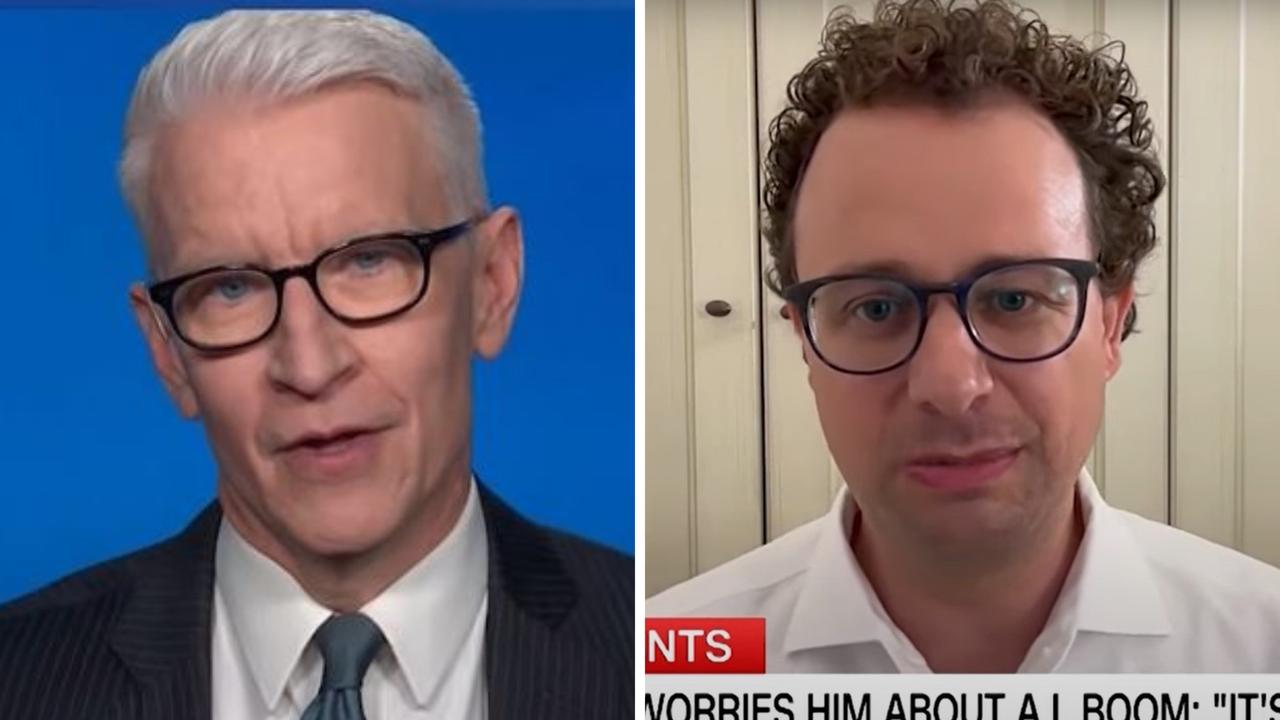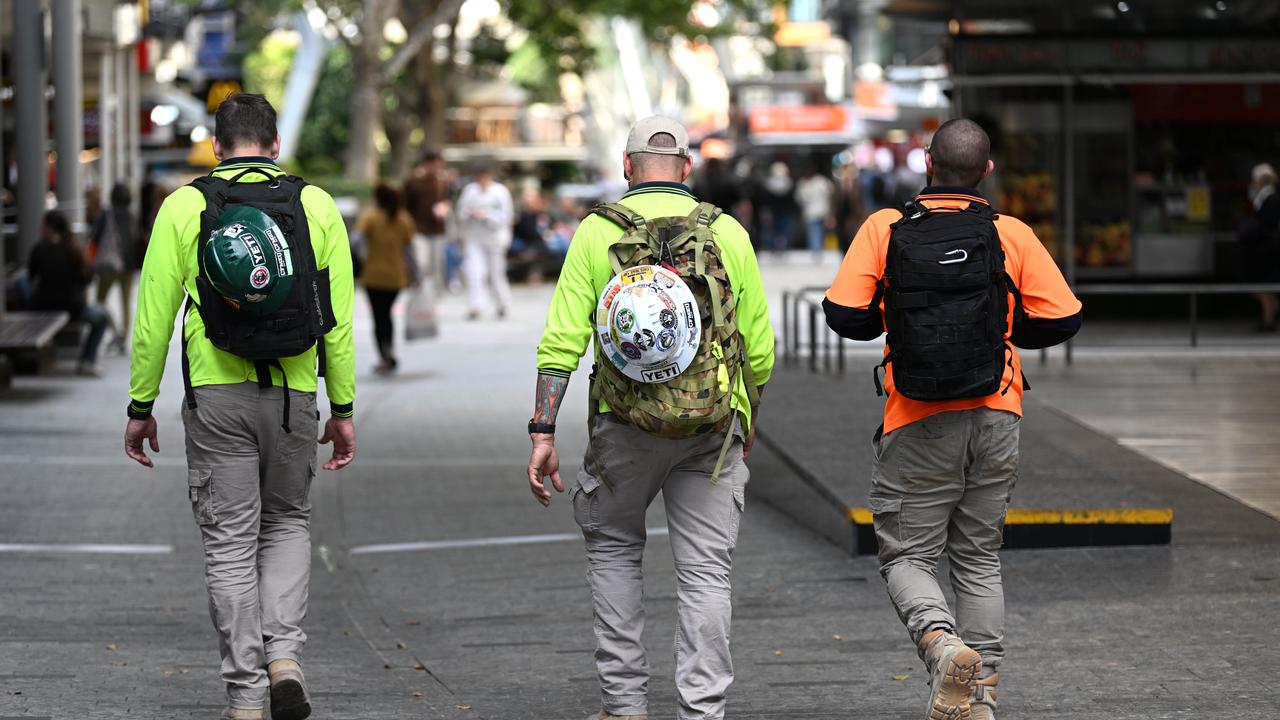Education experts warn vocational students to suffer unless industry tightened up
THEY were supposed to be the alternatives to an expensive uni education. But it’s starting to cost a lot more and mean a lot less.
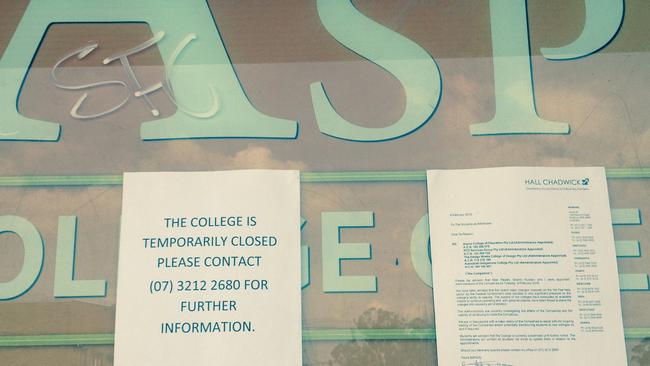
YOU pay more for something, you expect better quality right? A $10 pair of jeans from Kmart might be a steal but you wouldn’t expect them to last as long as a $200 pair from G Star Raw.
But education experts are warning the reverse is happening in the vocational training sector which is in a “race to the bottom” with students paying higher course fees but receiving lower quality qualifications.
And things are only going to get worse.
Around $7 billion of taxpayers’ money is spent on vocational education and training (VET) annually, the majority of that coming from state coffers.
Once dominated by TAFEs, private colleges are now among the 5000 providers in the VET sector but there are accusations some of the government funding pumped into these for-profit providers has ended up benefiting shareholders more than students.
Representatives of private colleges said the whole sector shouldn’t be judged by a few underhand providers and the entry of for-profit colleges had indeed resulted in more training for less money. But education experts are alarmed at government proposals that envisage even more private involvement in vocational education.
Earlier this month, a leaked discussion paper raised the possibility that Canberra would take over the majority of funding in the sector while fees would be deregulated and TAFEs would receiving funding at the same levels as private colleges to kick start competition, reported Fairfax Media.
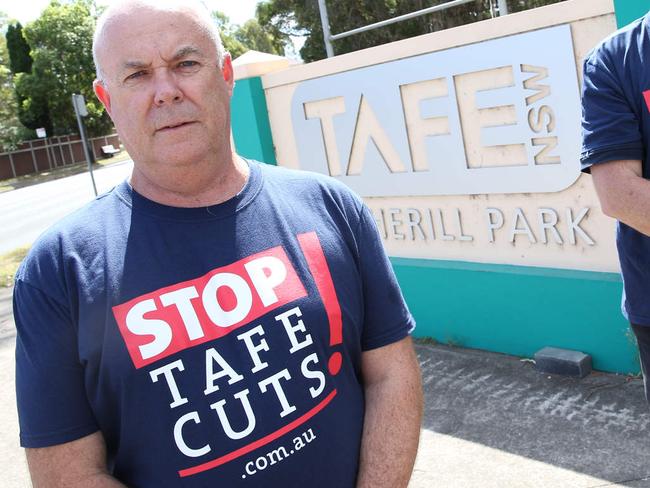
FEES ‘GONE THROUGH THE ROOF’
“There is no evidence to support this ideology that competition is good for those in vocational education and training, that it will drive down prices for students and will raise quality,” former TAFE Directors Australia chairman, Bruce Mackenzie, told news.com.au. “In fact, it is quite the contrary.”
Mr Mackenzie, who has also completed a major review into TAFE for the Victorian Government, said that with purse strings tightened in the VET sector, course fees already, “had gone through the roof”.
Indeed, the NSW Government has frozen TAFE course costs after it acknowledged a rise in fees, some by as much as four times the previous level, saw 30,000 less students enrol in 2015. As a result, around 2500 staff were cut.
Mr Mackenzie said while he wasn’t against the Commonwealth playing a greater role in the sector, their track record was “pretty ordinary”.
“There is no evidence the Commonwealth has the capacity to regulate providers or identify what are the most appropriate methods of delivery for students.”
One of the chief concerns has been the conduct of some private colleges which have seemingly proved to be far more adept at sucking in government funding than churning out employable graduates.
Much of this has come from a kitty of $1.6 billion in funding from Canberra for student loans to pay for course fees. Called VET FEE-HELP, this cash ends up with the education provider but doesn’t have to be paid back by the student until they are earning more than $54,000.
As more students have enrolled in private colleges, so more VET FEE-HELP funds have come their way.
But despite attracting four times as much funding as TAFEs and other public providers, private colleges only produced 14,400 graduates in 2014, compared with 18,400 in the public system. By some estimates, around 40 per cent of VET FEE-HELP loans will never be paid back, partly due to the fact people are being enrolled in courses they, arguably, will never complete or earn enough to pay back the funds.

FREE LAPTOPS
Last week, thousands of students at one of Australia’s biggest private training college operators were left with nothing but a pile of debt after the company behind Aspire College of Education, RTO Services Group and the Australian Indigenous College — Global Intellectual Holdings — collapsed.
There have been claims that at least one of the colleges had employed dubious recruitment practices, including sending members of its marketing team to Centrelink to spruik the courses that can run into tens of thousands of dollars.
In 2014, an Aspire college in Adelaide was forced to partially cancel the debt of an intellectually disabled man it signed up for a second course, despite the fact he had not completed the first, reported ABC News.
Last October, the Australian Consumer and Competition Commission (ACCC) took the western Sydney based Unique International College to court for false or misleading representations and engaging in misleading or deceptive and unconscionable conduct. Unique International College offered inducements such as laptops, often to people on low incomes, but were accused of not being upfront about the eventual cost to students.
In one six month period, only 2.4 per cent of Unique’s students graduated, alleged the ACCC.
The government said last year it would crack down on unscrupulous college marketers targeting vulnerable Australians.
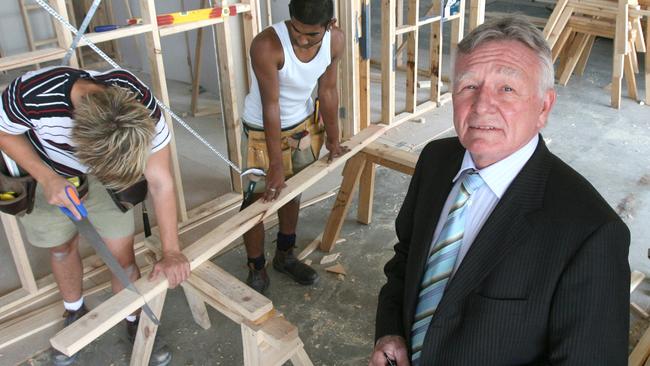
BAD APPLES
Mr Mackenzie said the bad apples among the private colleges were giving everyone a bad name. “It’s led to a lack of confidence in the qualifications being issued by all providers and the collateral damage is to students and the community because taxpayers’ money is being spent on poor education.”
While courses such as nursing had rigorous assessment standards, Mr Mackenzie said others, such as child and aged care, were not regulated effectively which could mean employers were in a for a rude shock when they employed someone ill-suited for the job.
The private sector was also “cherry picking” popular courses leaving TAFEs with expensive but costly areas such as apprenticeships, he said.
“TAFE created VET and they are the only ones who unashamedly say access to tertiary education is our main priority for all walks and abilities. TAFE gives people a chance to improve their skills and have a reasonable living standard.”
Mr Mackenzie said the industry should have tighter regulations and fees should be controlled. Otherwise, subsidies are subsequently removed by central government, student debt will inevitably rise as colleges seek to protect profits.
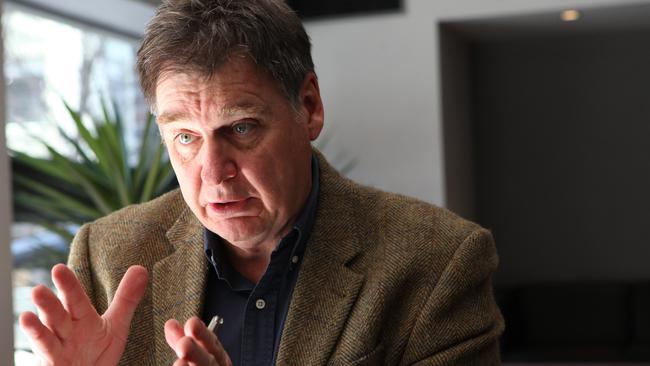
WINNERS AND LOSERS
President of the NSW Teachers’ Federation, Maurie Mulheron, told news.com.au that in NSW around 60 per cent of public funding was going to private providers and in Victoria it was as high as 80 per cent.
“There is currently a massive shift of taxpayers’ money going to pretty shoddy for profit colleges while TAFEs, which are highly regulated and provide a range of services, are being squeezed,” Mr Mulheron said.
Rod Cramm, the chief executive of the Australian Council for Private Education and Training (ACPET), the sector’s peak body, said the current system was broken with each state having a different model leading to confusion for both students and employers. He also disputed claims course fees would inevitably rise saying there were a “diversity of providers” at the high and lower end of the price band. “When private providers were added to the sector, governments reduced funding but purchased a lot more training, so efficiency has improved and that’s a gain you can expect to continue with more for less.”
ACPET supported a training ombudsman to weed out shoddy operators, he told news.com.au. “We strongly believe only a small number of providers are rorting the system and we need to significantly raise that barrier to entry because we only want colleges who have a genuine commitment to high quality education in the system.”
TAFE wasn’t doomed, said Mr Cramm, but should play to its strengths with students choosing which provider worked best for them.
A spokesman for federal Vocational Education and Skills Minister Luke Hartsuyker told Fairfax Media the mooted reforms to VET were still a “work in progress,” and more detail was likely next month.
Mr Mulheron said the central promise of a federal takeover of VET — that fees would fall — was flawed: “There won’t be any downward pressure of fees, they’ll be unregulated and the market will determine it.”
“The market is about winners and losers and I think most people would say education is about having equal access to training and education,” he said.
“We don’t want colleges racing to the bottom in order to be competitive; we want students that are industry ready.”


